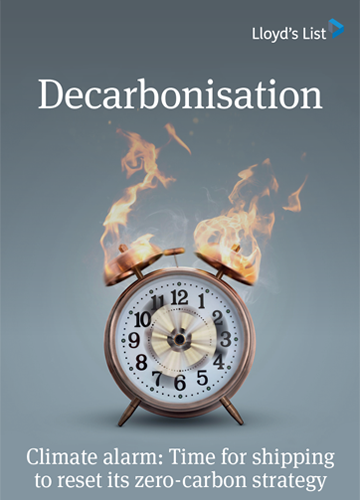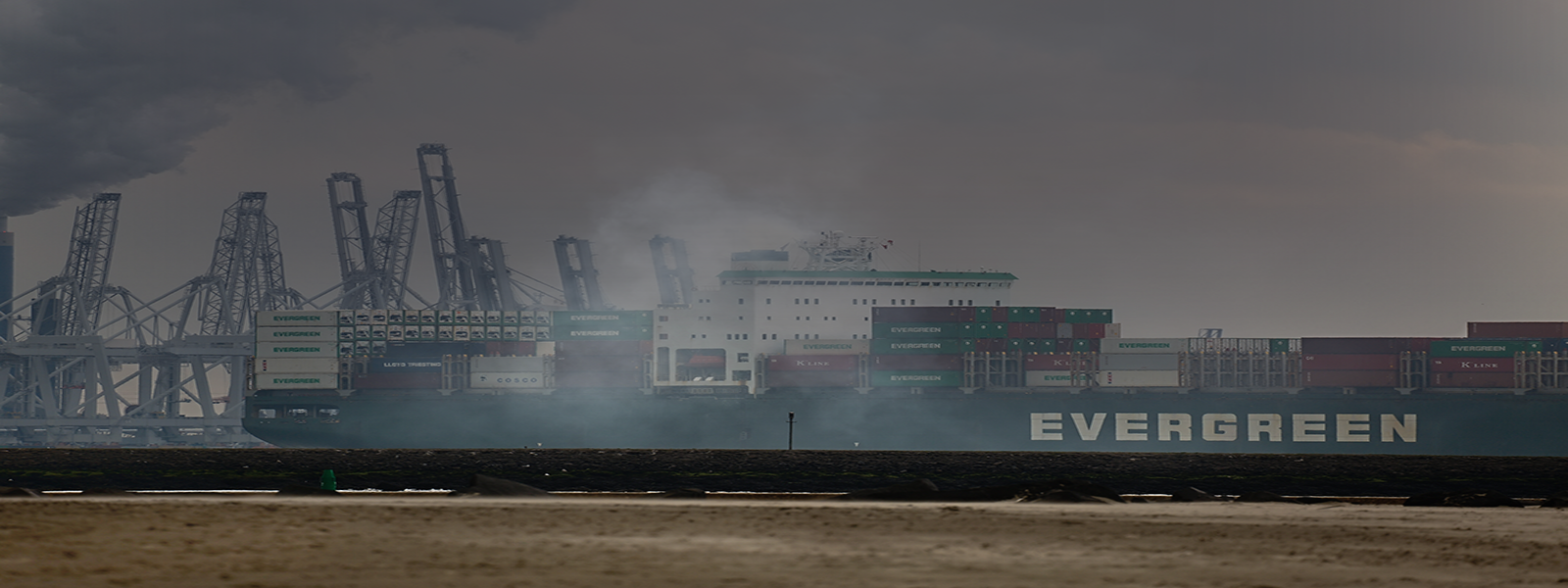
Decarbonisation
The International Maritime Organization has committed to slashing total annual greenhouse gas emissions by at least 50% by 2050, compared with 2008, and it aims to decarbonise the sector fully by the end of the century. The shipping industry is facing up to the challenge, developing new fuels and stronger, environmentally-friendly practices. But with tighter rules and regulations on both a regional and global level to contend with, agreement on the best approach is not easy
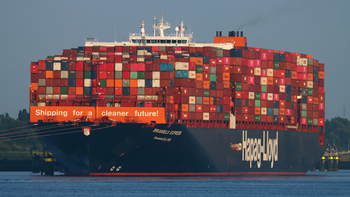
Low-emission freight tender shows pragmatic approach to decarbonisation
Hapag-Lloyd’s win in a low-emission freight tender with its bio-LNG bid is seen as the best commercial decision for shipping today, although it is far from a popular one

Wärtsilä chief says shipyard capacity slowly improving
LNG carrier segment experiencing major bottleneck, but other segments have more shipyard capacity

MAN claims its ammonia engine’s N20 emissions are ‘extremely low’
MAN continues to test its ammonia dual-fuel engine and hopes to deliver its first motor later this year
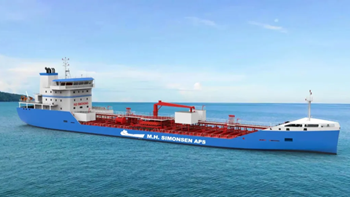
Resurrected New Jiangzhou Shipbuilding bags tanker order from Danish shipowner Simonsen
The revived Chinese shipbuilder has more than 20 vessels on its orderbook backlog
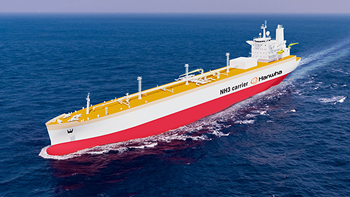
Hanwha Ocean partners with ammonia start-up Amogy
Amogy, supported by investors from South Korea and Japan, has been expanding its presence in maritime applications with its ammonia-to-electricity module

DFDS advancing plans to order at least six green newbuildings by 2026
DFDS, the world’s largest operator of shortsea ro-ro services, plans to order six low- or zero-carbon newbuildings within the next two years, and potentially three new high-speed ferries. EVP Mathieu Girardin says customers’ changing attitudes are making green investments easier to justify
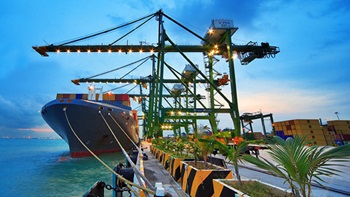
Which ports will win the green fuel race?
A Global Maritime Forum report says different ports will have different roles in the bunkering infrastructure of the future, but some will need to move fast or get left behind
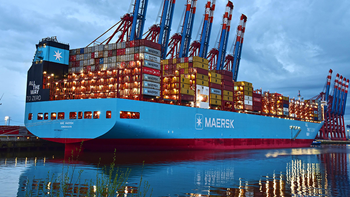
Shippers balk at cost of low-emission products
There have been some high-profile early adopters of low-emission shipping. But for most shippers, profitability is still more important than sustainability

Agreement reached for 1.4m tonne US ammonia plant
Project has been called the first ‘meaningful’ volume of low-carbon ammonia, with production set to start in 2028
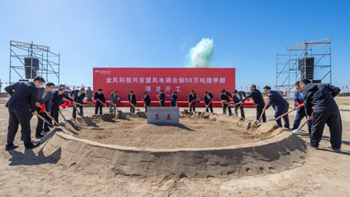
China looks to lead low-carbon methanol production
The Methanol Institute expects global production of low-carbon methanol to reach 6.8m tonnes at the end of 2025
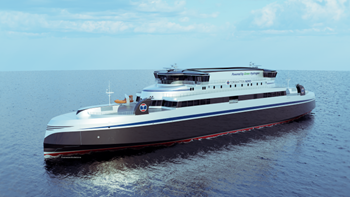
World’s largest hydrogen ships ordered in Norway
The ships have been ordered by transport company Torghatten and will be built in Norwegian yard Myklebust Verft

Hapag-Lloyd wins low-emission freight tender
German carrier Hapag-Lloyd won the first tender by the Zero Emissions Maritime Buyers Alliance to deliver 90% emissions reduction for cargo owners for two years starting in 2025. A second tender is being designed to drive the market for e-fuels instead of scarce biofuels
You must sign in to use this functionality
Authentication.SignIn.HeadSignInHeader
Email Article
All set! This article has been sent to my@email.address.
All fields are required. For multiple recipients, separate email addresses with a semicolon.
Please Note: Only individuals with an active subscription will be able to access the full article. All other readers will be directed to the abstract and would need to subscribe.

